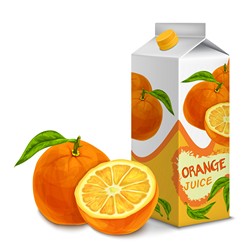Novel coating system technology for eco-friendly food and beverage packaging
Polyethylene (PE) is the standard coating material in use today in board and paper based packaging. New environment-friendly materials that replace existing PE coatings are needed to reduce dependence on fossil fuel-based plastics and deliver recyclable alternatives. The EU-funded BIO-BOARD(opens in new window) (Development of sustainable protein-based paper and paperboard coating systems to increase the recyclability of food and beverage packaging materials) project set out to develop sustainable, protein-based paper and paperboard coating systems. Overall, the aim was to substitute PE and increase the recyclability of food and beverage packaging. The focus was on three different raw materials considered most suitable for the BIO-BOARD solution: whey, potato fruit juice and potato pulp. Novel food packaging applications were developed for whey and potato proteins, and pulp fibres in composite formulations. Project partners assessed various strategies before developing procedures to extract proteins from potato fruit juice and pulp. They laminated extruded protein-based layers materials such as paper, cardboard, aluminium foil and/or plastic films using adhesives in order to obtain multilayer packaging structures. The various laminates were used to conduct material characterisations and recycling tests among others. The BIO-BOARD team then used the results to select the most appropriate laminate structures for packaging trials with different solid and liquid foods. In these trials, storage tests with cocoa, instant soup, orange juice and milk were performed. Team members recorded changes to their microbiological, chemical and physical properties. The tests show that BIO-BOARD materials are appropriate for packing most of the food products used. Lastly, recycling tests and a life cycle assessment were performed to determine the environmental impact of the developed materials. BIO-BOARD successfully demonstrated sustainable and environmentally friendly coating materials for paper and paperboard-based packaging for both solid and liquid foods. Nevertheless, several hurdles still exist to reach a viable large scale production process.







